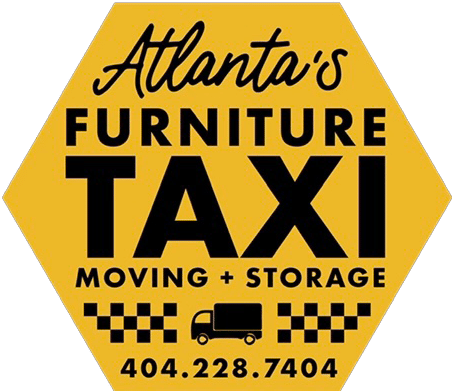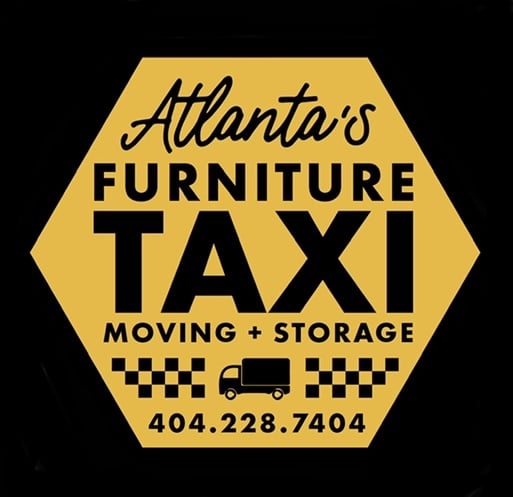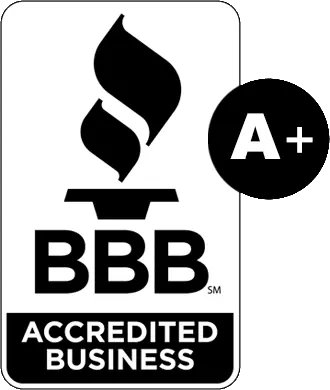
Moving is a very stressful task, regardless of whether it’s a residential or commercial move. Not every move is the same, and in the case of commercial and residential moves, well, the two couldn’t be farther apart. In this guide, we’ll discuss the difference between a commercial and residential move, in which way they’re similar, and what precisely each type of move involves.
Table of Contents
ToggleWhat Is Residential Moving?
Residential moving is when an individual or multiple individuals move their personal belongings and household items into a residence, regardless of whether it’s a house, apartment, or any other residential object.
A residential move requires somewhat careful planning, and there’s plenty to consider. You have to figure out which of your personal and household belongings you want to take with you to your new home and which ones are being donated or sold in a garage sale; the proceeds from which can go towards funding your residential move.
Once you’ve figured out which clutter you don’t want to bring with you into your new home, it’s time to pack everything. It’s really important to pack strategically, and we strongly recommend hiring professional packers to do the job, as it significantly improves the moving experience.
Once everything is packed, you need to call the moving company and relocate to your new home. Whether it’s a simple relationship within state borders or a long-distance cross-state move, you really want to choose a moving service that’s licensed and reputable.
Choosing a full-service relocation service typically provides a stress-free experience, with included packing, unpacking, and storage space, and we highly recommend it, provided that these services fit your budget.
What Is Commercial Moving?
Commercial moves require much more planning, to the extent that you might have to hire a move coordinator along with your commercial moving services due to all the planning required for commercial moves.
The process is very similar to residential moves: you contact the commercial movers, you pack, and commercial relocation services move your stuff to a different location. However, the sheer scale is where the complexity of commercial moves comes from.
Regardless of whether you’re planning to move a small business or a corporate giant, planning is at least 50% of your corporate relocation, as you have to ensure that everything goes smoothly and minimize the disruptions the move causes to your daily operations.
There’s also a matter of moving the equipment itself. Moving professional office equipment and office furniture might not require the expertise of a specialized and highly-trained team, but moving heavy machinery is a completely different thing, as it requires moving experts with specialized knowledge.
In those circumstances, you’re more likely to hire a commercial moving company that specializes in moving machinery or another type of hefty or rather pretty pricey equipment you usually wouldn’t trust office movers with.
Commercial Moving vs Residential Moving
Commercial moving and residential moving have many things in common, as both involve a certain degree of planning, packing, loading, transport from one location to the other, followed by unloading, and unpacking.
However, despite their similarities, the differences between residential moving and office moving in the Atlanta area are quite significant, and in this section, we’ll compare the two types of moving in greater detail.
Planning
While both residential and commercial moving requires planning, a residential move is the simpler task. Just determine the move date and make sure that it coincides with your personal time off from work. Pack your items (or have them packed professionally) and relocate to another location, where you get to unpack and settle in.
Businesses are generally larger, with many moving parts or segments that often depend on one another, so the planning has to be more extensive to minimize any possible downtime. Depending on the size of your business and your moving needs, moving to a new location might imply forklifts, toe jacks, hand trucks, and even freight to move everything.
Office relocations typically require a highly skilled moving team with years of experience in moving businesses.
Heavy Lifting
Relocating to a new home or a new office implies some heavy lifting. In residential moves, heavy lifting is usually associated with lifting furniture, which can be disassembled for easier transport. It also includes moving appliances, wardrobe items, art, and more.
However, during a commercial move, heavy items require the use of equipment, such as forklifts and toe jacks, which have to be operated by a skilled and certified professional. Commercial moves are also specialized in picking, loading, transporting, unloading, and handling heavy and bulky office equipment, which may include photocopiers, vending machines, and heavy wooden desks.
Transport
Residential moves don’t require as many people nor any specialized transport compared to commercial moving, so you’re most likely going to need one truck, two at most. Commercial moves, on the other hand, include transporting large amounts of equipment and material, which means it’s both hard and pricey to transport them from one location to the other.
Most businesses still have the financial backing to go through with the move, but that doesn’t change the fact that commercial moves are larger, more complex, and pricier than residential moves by order of magnitudes.
Additionally, commercial movers will work around the clock, overnight, and on weekends to avoid interfering with business hours. In contracts, residential movers typically work within working hours, which only underscores the importance of planning.
Conclusion

Commercial and residential moves are worlds apart from planning stages to execution and subsequent unpacking and return to daily activities. Ultimately, you can easily pack the things of value and, in most cases, have said things about your person during the move.
However, businesses have to rely almost exclusively on reputable moving and storage services to avoid loss of valuable data, equipment, and stock. If you’re looking for Atlanta commercial movers, don’t hesitate to call for a free estimate for your new project and gain the peace of mind you need.







